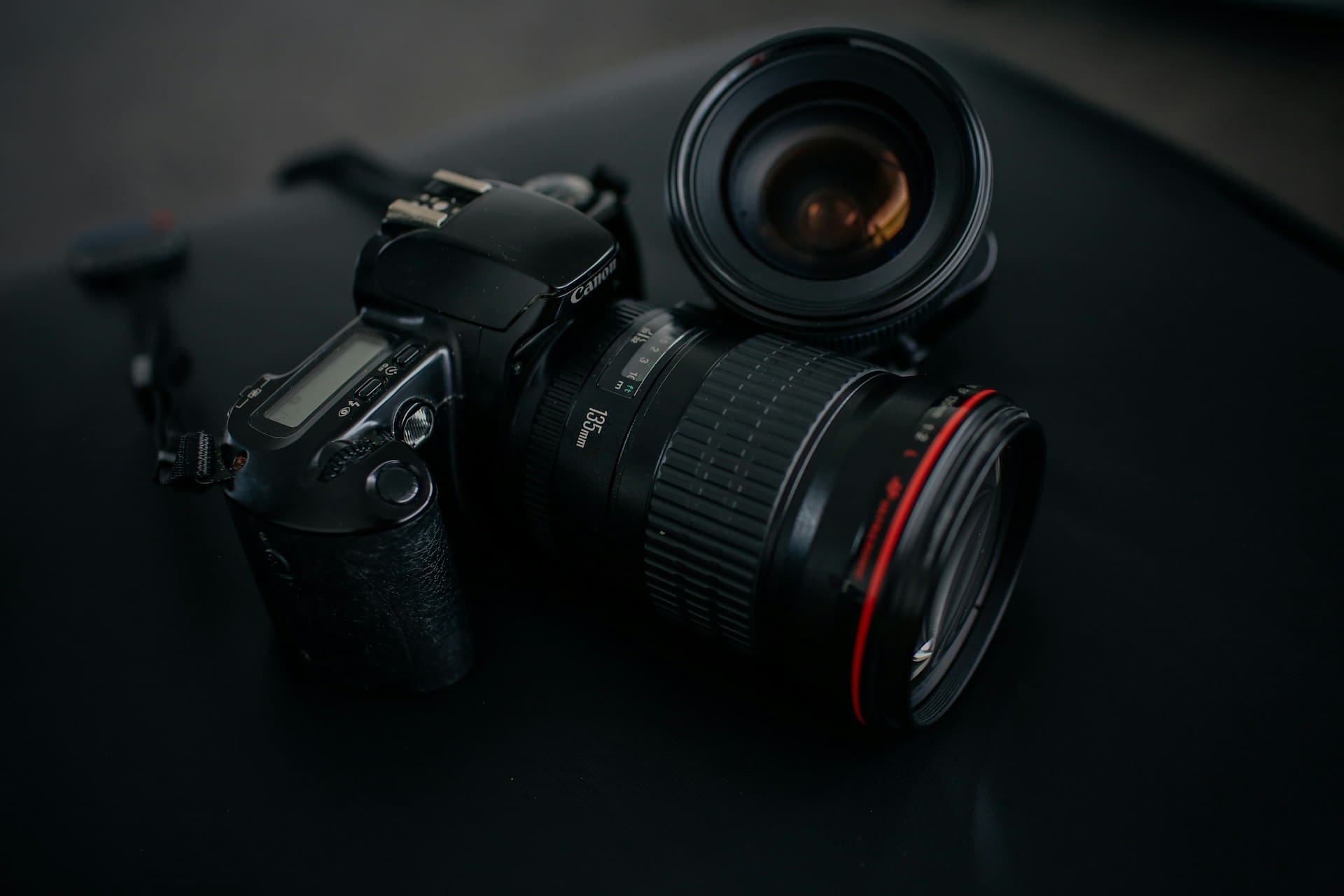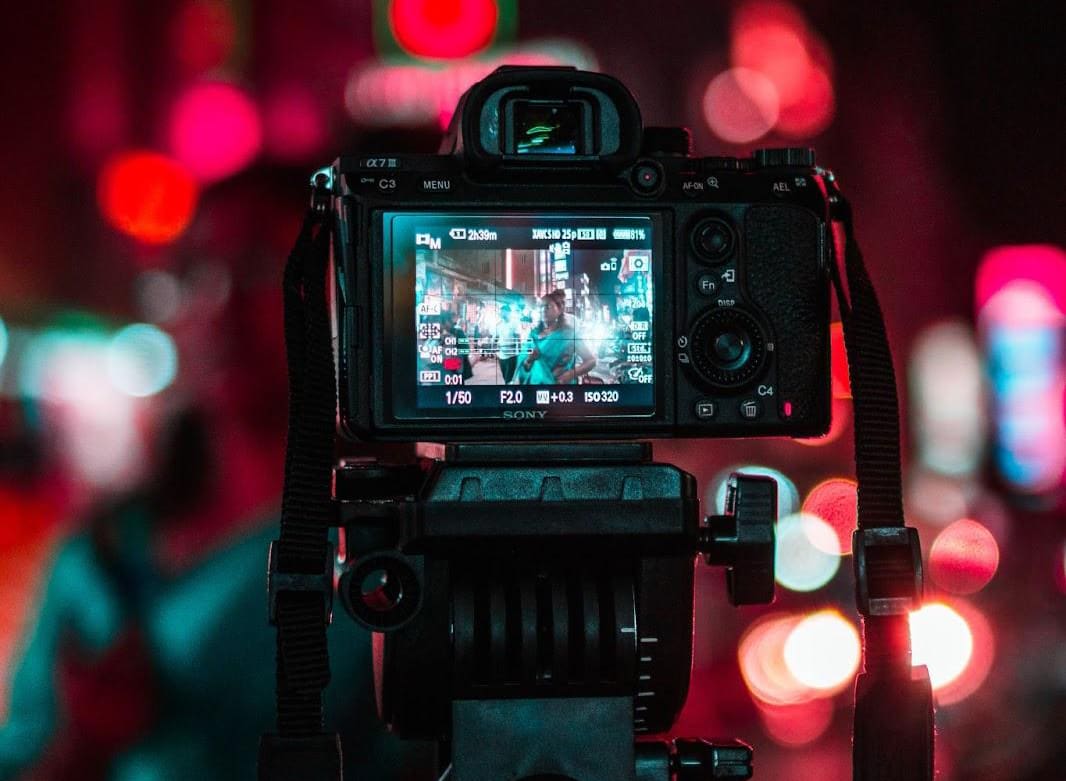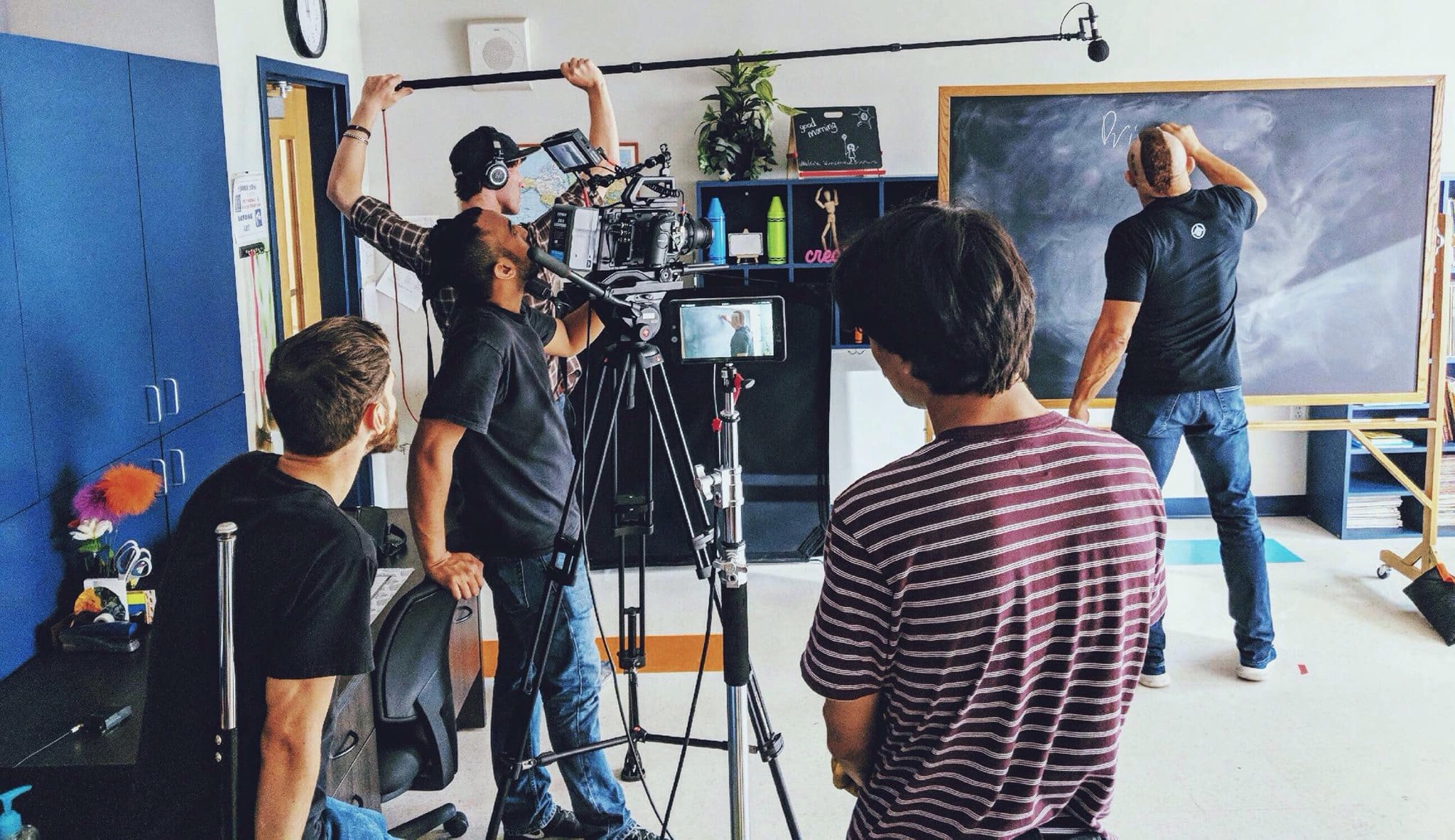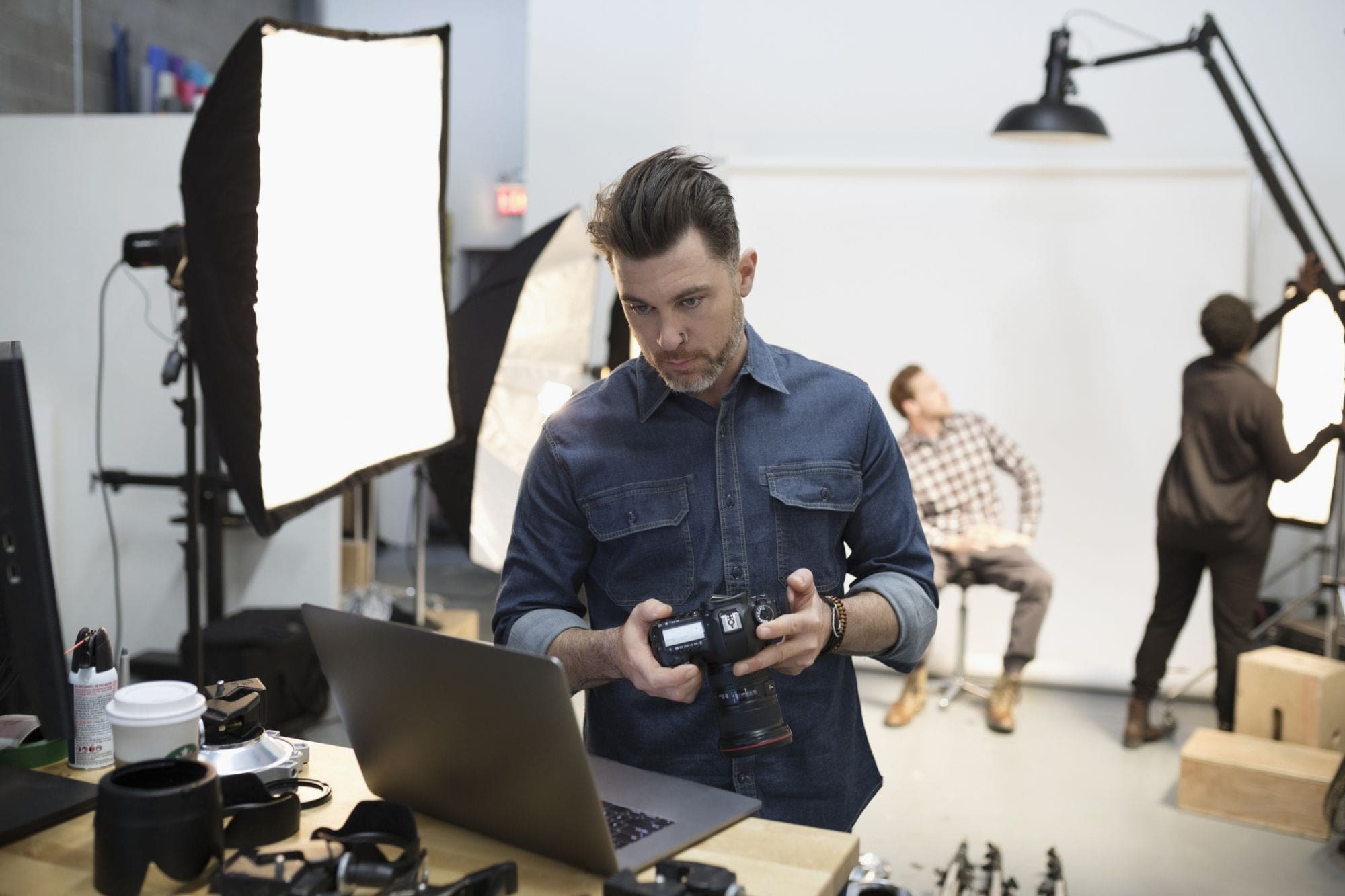Level up with an industry relevant online course for as little as $25 per week
Starting a photography journey can feel overwhelming with complex camera settings, technical terminology, and endless creative possibilities. For aspiring photographers seeking a clear, structured introduction to this rewarding art form, a well-designed photography course for beginners provides the perfect foundation for developing both technical skills and creative vision.

Why Online Learning Works for Photography Beginners
Learning online has revolutionized photography education, making quality instruction accessible to beginners regardless of their location across Australia. Whether you’re in Darwin’s tropical climate, Perth’s Mediterranean conditions, or Tasmania’s temperate environment, an online photography course offers convenient access to comprehensive photography training that accommodates busy lifestyles and varying schedules.
The benefits of online photography education for beginners include:
- Self-paced progression: Learn at your own speed without pressure to keep up with faster learners
- Immediate application: Practice techniques with your own camera between lessons
- Replay capability: Review difficult concepts multiple times until fully understood
- Cost-effective learning: Access professional instruction without expensive workshop fees or travel costs
- Flexible scheduling: Study during early mornings, lunch breaks, or evening hours that suit your lifestyle
Building Confidence Through Structured Learning: Many photography beginners feel intimidated by their camera’s complexity or worry about taking “bad” photos. Online courses provide supportive environments where mistakes become learning opportunities, and progress is measured against personal starting points rather than comparison with experienced photographers.
Structured lesson progressions help beginners build confidence systematically, starting with basic camera operation and gradually introducing more advanced concepts as foundational skills develop. This approach prevents overwhelming beginners while ensuring solid skill development.
Camera Basics Made Simple
A quality photography course for beginners demystifies camera operation, transforming complex-seeming devices into creative tools. Learning online allows for detailed explanations, visual demonstrations, and interactive exercises that make technical concepts accessible to newcomers.

Understanding Your Camera: Modern cameras offer incredible capabilities, but beginners often use only automatic modes, missing opportunities for creative control. Online courses teach camera anatomy, menu navigation, and basic operation principles that apply across different camera brands and models.
Students learn to distinguish between essential and advanced features, focusing initial attention on controls that directly impact image quality and creative expression. This targeted approach prevents information overload while building practical competence.
The Exposure Triangle Explained: Aperture, shutter speed, and ISO form photography’s fundamental technical foundation. Online courses explain these concepts using everyday analogies and visual demonstrations that make abstract technical principles concrete and understandable.
Interactive exercises help beginners practice exposure control in safe environments, building confidence before attempting manual settings in challenging situations. Understanding how these three elements work together empowers beginners to move beyond automatic modes and begin creative decision-making.
From Auto to Manual Mode: The transition from automatic to manual camera control represents a significant milestone for beginning photographers. Online photography courses provide structured progressions through semi-automatic modes (aperture priority, shutter priority) before introducing full manual control, ensuring comfortable skill development without overwhelming technical complexity.
Practice assignments with specific technical objectives help beginners apply theoretical knowledge practically, reinforcing learning through hands-on experience and immediate feedback on results.

Composition and Creative Vision
Developing Your Artistic Eye: Technical camera skills enable creative expression, but developing artistic vision requires different training focused on visual communication and aesthetic development. Online photography courses teach fundamental composition principles through extensive image examples, analysis exercises, and creative assignments that develop visual literacy.
Beginning photographers learn to see beyond subject matter toward underlying visual structures, light qualities, and emotional impacts that distinguish compelling photographs from mere documentation. This artistic development parallels technical skill building, creating well-rounded photographers capable of both technical competence and creative expression.
Essential Composition Rules: Rule of thirds, leading lines, symmetry, and framing provide reliable starting points for creating visually appealing photographs. Online courses teach these principles through diverse examples and practical exercises that demonstrate how composition guidelines enhance image impact across different subjects and situations.
Students learn when to apply composition rules and, equally importantly, when breaking them creates more compelling results. This balanced approach develops creative judgment rather than rigid rule-following, supporting artistic growth alongside technical development.
Light and Its Creative Potential: Understanding light distinguishes photographers from casual picture-takers. Online courses teach beginners to observe light quality, direction, and colour, recognizing how different lighting conditions affect mood, atmosphere, and visual impact in photographs.
Students learn to work with available light rather than fighting against challenging conditions, discovering creative opportunities in various lighting situations from harsh midday sun to soft overcast conditions common in Australian climates.

Practical Application and Skill Development
Hands-On Learning Approach: Photography skills develop through practice rather than theory alone. Quality online courses provide structured assignments that guide beginners through practical application of learned concepts, ensuring theoretical knowledge translates into real-world competence.
Progressive assignments start with simple exercises using automatic camera modes and gradually introduce manual controls as technical confidence develops. This scaffolded approach builds skills systematically while maintaining beginner enthusiasm and avoiding frustration from premature complexity.
Australian Context and Conditions: Photography beginners benefit from instruction that acknowledges local conditions and opportunities. Online courses addressing Australian contexts help beginners understand how harsh sunlight, unique wildlife, and distinctive landscapes affect photographic techniques and creative opportunities.
Students learn to work with challenging Australian lighting conditions, from intense summer sun to dramatic storm conditions, developing skills applicable to local photography opportunities while building transferable techniques useful anywhere.
Equipment Recommendations for Beginners: Photography beginners often worry about equipment requirements, fearing expensive purchases before developing skills. Online courses provide realistic equipment guidance, helping beginners understand what equipment is essential versus nice-to-have, enabling informed decisions based on actual needs rather than marketing pressures.
Budget-conscious recommendations help beginners start photography without overwhelming financial commitments, providing upgrade pathways as skills and interests develop. Smartphone photography techniques ensure everyone can begin learning immediately regardless of equipment ownership.
Building Your Photography Foundation
Developing Personal Style: Even beginning photographers can start developing personal photographic styles that reflect their unique perspectives and interests. Online photography courses guide style development through self-assessment exercises, influence exploration, and experimental assignments that encourage creative risk-taking.
Students learn to identify subjects and approaches that naturally appeal to them, building on these preferences to develop distinctive photographic voices rather than copying others’ styles wholesale. This personal development approach creates more satisfying learning experiences and stronger creative foundations.
Basic Post-Processing Skills: Modern photography includes digital post-processing as standard practice. Beginner courses introduce basic editing concepts using accessible software, teaching essential adjustments that enhance rather than drastically alter photographs.
Students learn fundamental adjustments including exposure correction, contrast enhancement, and colour balancing that optimize image quality while maintaining natural appearance. These foundational editing skills support overall photographic development without overwhelming beginners with complex manipulation techniques.

Portfolio Development from Day One: Even beginning photographers benefit from organizing their work systematically, creating portfolios that document progress and identify successful approaches. Online courses teach basic portfolio development principles, helping beginners curate their best work and identify areas for continued development.
Regular portfolio reviews help beginners recognize improvement over time, maintaining motivation during inevitable learning plateaus and providing concrete evidence of skill development that builds confidence for continued learning.
Social and Community Aspects
Learning Communities and Support: Photography learning benefits from community interaction and peer feedback. Quality online courses facilitate community building through forums, peer review assignments, and collaborative projects that connect beginners with fellow learners and experienced mentors.
Students benefit from diverse perspectives, constructive feedback, and shared experiences that accelerate learning while building networks that support continued development beyond formal course completion.
Sharing and Feedback: Learning to give and receive constructive feedback improves both technical skills and creative development. Online photography courses teach critique skills alongside photography techniques, helping beginners participate productively in photography communities while developing critical evaluation abilities that enhance their own work.
Regular feedback exchanges help beginners understand how others perceive their work, identifying strengths to build upon and areas requiring continued attention and development.
Pathways for Continued Learning
Specialization Exploration: Beginning photographers often discover specific subjects or styles that particularly appeal to them. Online courses introduce various photography genres including landscape, portrait, street, and wildlife photography, helping beginners identify areas for deeper exploration.
This exposure to different specializations helps beginners make informed decisions about continued education and equipment investments, avoiding costly mistakes while pursuing genuinely interesting creative directions.
Advanced Course Preparation: A solid beginner foundation prepares students for advanced photography education including specialized courses in portrait photography, wildlife documentation, or business development. Online beginner courses provide clear pathways for continued learning, helping students understand natural progression routes based on their developing interests and skills.
Students completing comprehensive beginner programs are well-prepared for portrait photography course training, wildlife photography course instruction, or professional photography course certification, having established essential technical and creative foundations necessary for advanced study.

Technology and Modern Photography
Digital Photography Fundamentals: Modern photography is predominantly digital, requiring basic understanding of digital image principles, file formats, and digital workflow concepts. Online courses introduce these concepts gradually, ensuring beginners understand digital photography’s advantages and requirements without becoming overwhelmed by technical complexity.
Students learn practical digital concepts including memory card selection, file backup strategies, and basic computer requirements that support their developing photography practice without requiring advanced technical expertise.
Social Media and Sharing: Photography beginners often want to share their work through social media platforms. Online photography courses provide guidance on appropriate sharing, copyright considerations, and social media strategies that help beginners participate in online photography communities safely and effectively.
Students learn to present their work professionally while protecting their interests and building positive online presence that supports continued learning and potential future business development.
Integration with Other Creative Skills
Connecting Photography to Other Arts: Photography skills complement other creative pursuits including graphic design, content creator course applications, and videography course training. Beginning photographers often discover connections between photography and other interests, creating opportunities for integrated creative development.
Online courses highlight these connections, helping beginners understand how photography skills transfer to other creative applications while building broader creative competencies that enhance both personal satisfaction and potential career opportunities.
Versatile Skill Development: Photography skills including visual composition, technical problem-solving, and creative communication transfer to many other activities and career applications. Beginning photographers develop valuable skills with applications beyond photography itself, making photography education a worthwhile investment regardless of career intentions.

Overcoming Common Beginner Challenges
Managing Expectations: Beginning photographers often have unrealistic expectations about rapid skill development or equipment requirements. Online courses help set realistic expectations while maintaining enthusiasm, providing clear progress markers and achievable goals that sustain motivation through inevitable learning challenges.
Students learn that photography mastery develops gradually through consistent practice and continued learning rather than sudden breakthrough moments, helping maintain realistic perspectives that support long-term development.
Technical Frustration Solutions: Camera complexity can frustrate beginners, causing some to abandon photography before developing basic competence. Quality online courses anticipate common frustration points and provide specific solutions, troubleshooting guides, and encouragement that help beginners persist through initial difficulties.
Students learn systematic approaches to problem-solving that build confidence in handling technical challenges independently, developing resilience that supports continued learning and creative exploration.
Conclusion
A comprehensive photography course for beginners delivered through online course platforms provides aspiring photographers with accessible, structured introduction to creative and technical photography skills. The convenient nature of learning online makes quality photography education available to beginners across Australia while accommodating diverse schedules and learning preferences.
Online photography education combines technical instruction with creative development, community support, and practical application that creates solid foundations for continued photographic growth. Students gain both camera operation skills and artistic development necessary for expressing personal vision through compelling photographs.
For individuals interested in exploring photography as creative expression, hobby pursuit, or potential career foundation, beginner-focused online training provides supportive, comprehensive introduction that builds confidence alongside competence. The combination of technical education with creative encouragement ensures students develop both skills and enthusiasm necessary for lifelong photographic enjoyment and continued learning.
Whether photography becomes serious hobby, creative outlet, or foundation for advanced study in professional photography course or specialized areas, quality beginner education provides essential groundwork for success in any photographic pursuit. Learning online makes this foundation accessible to anyone with creative curiosity and willingness to learn, regardless of location, schedule, or previous experience.
